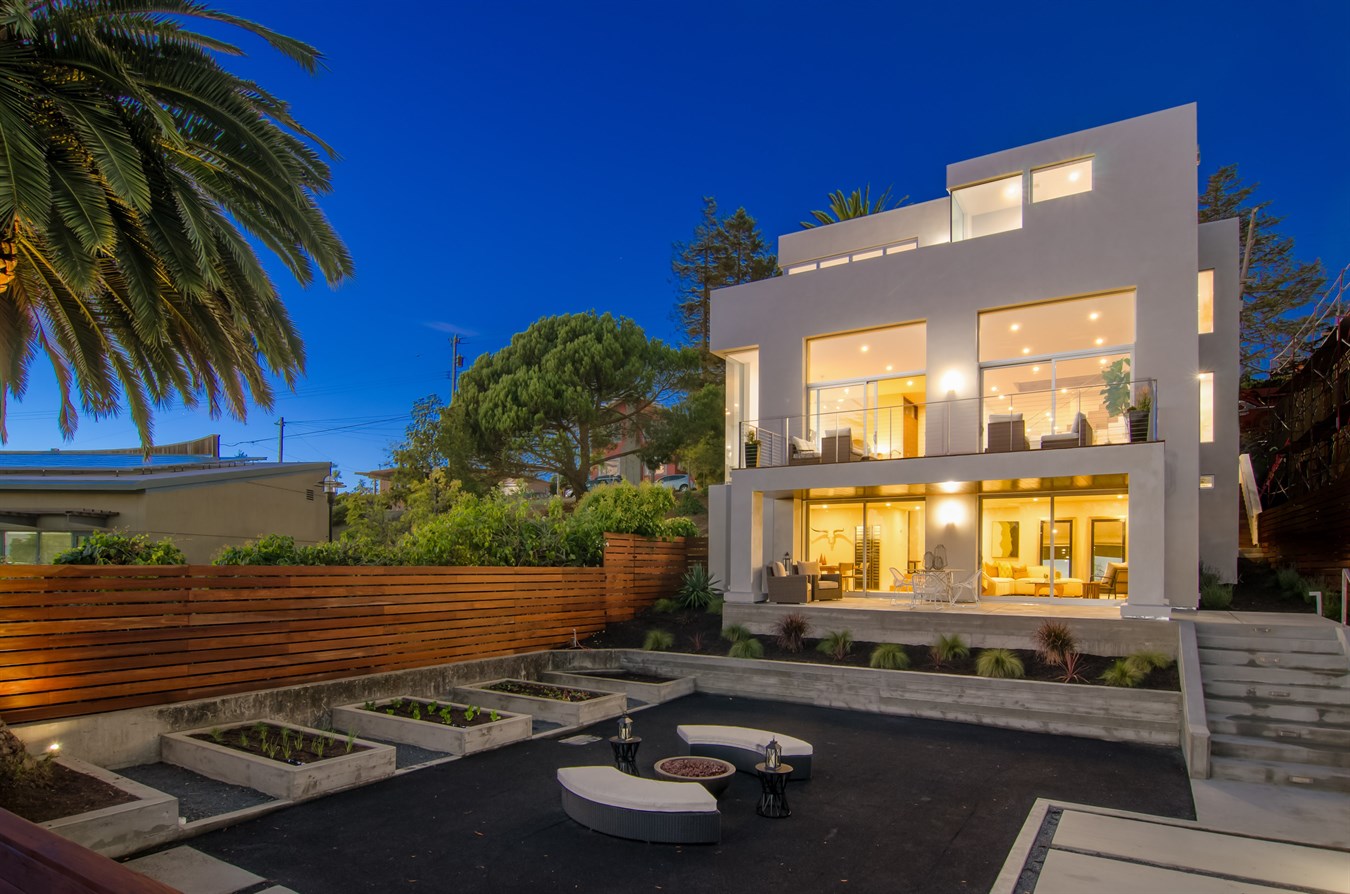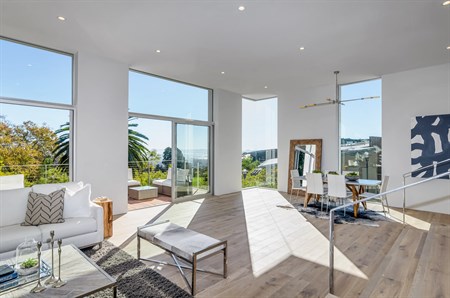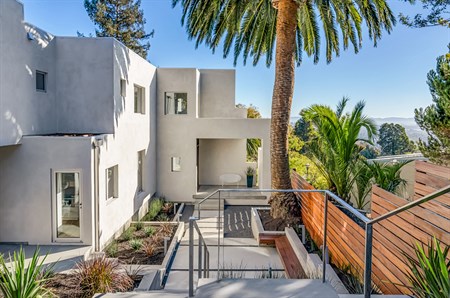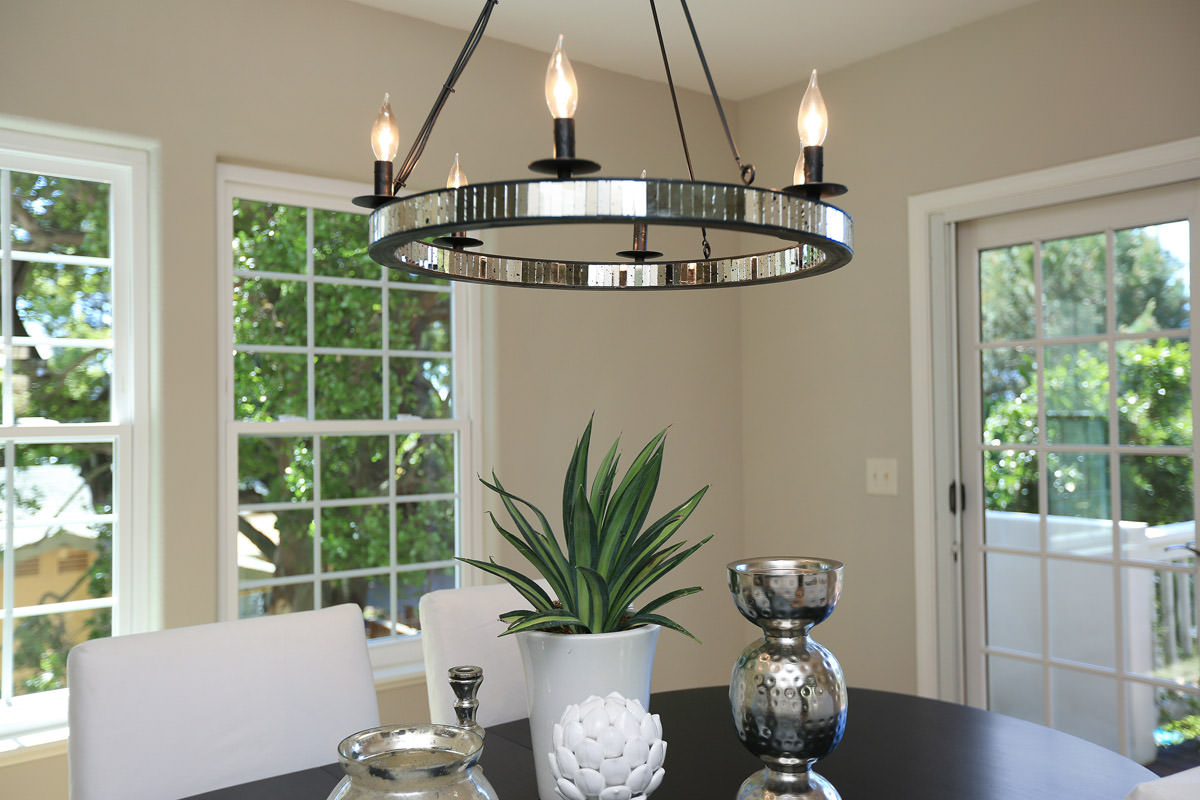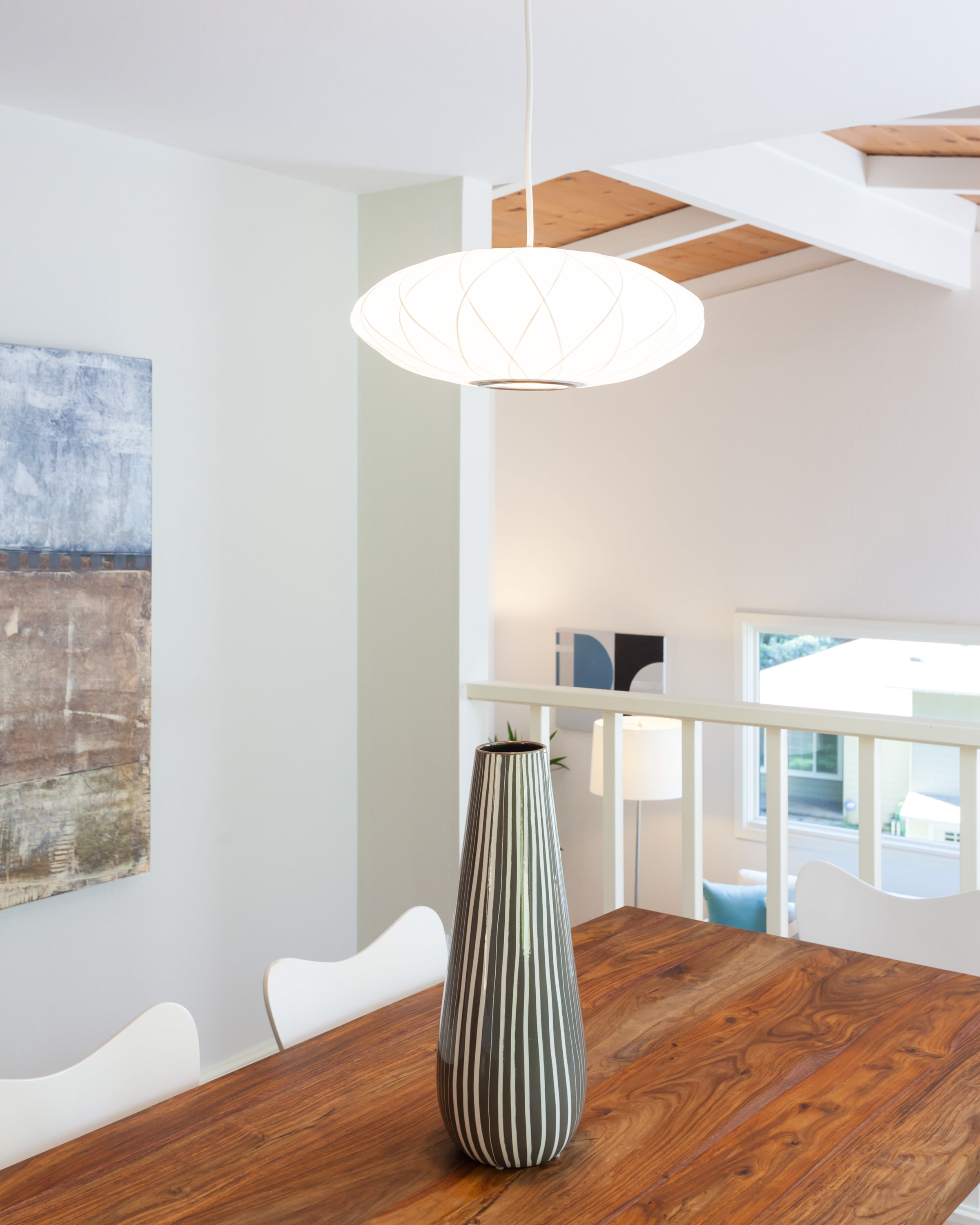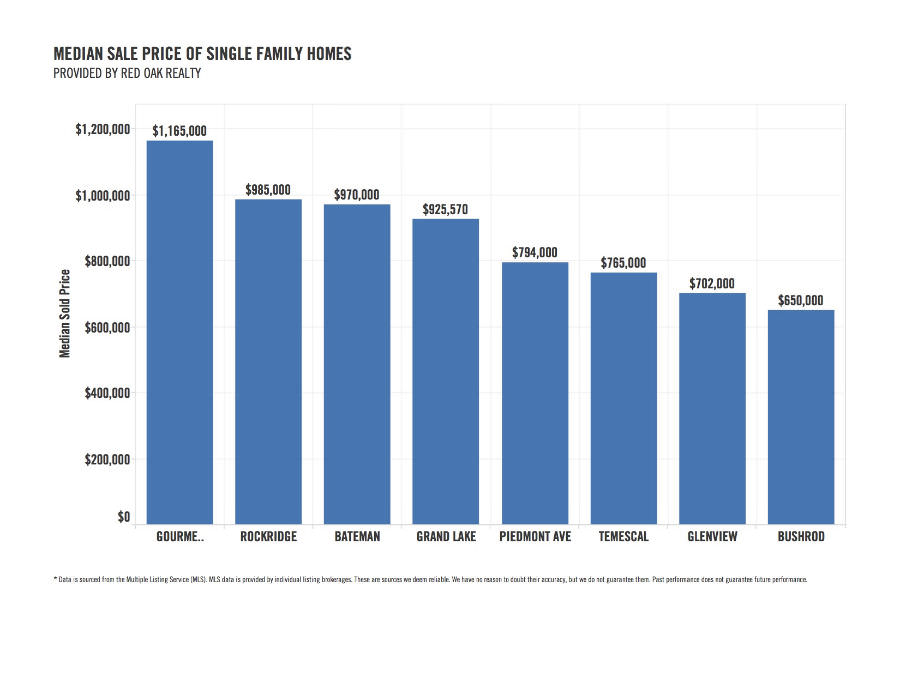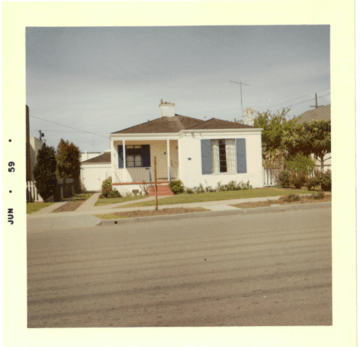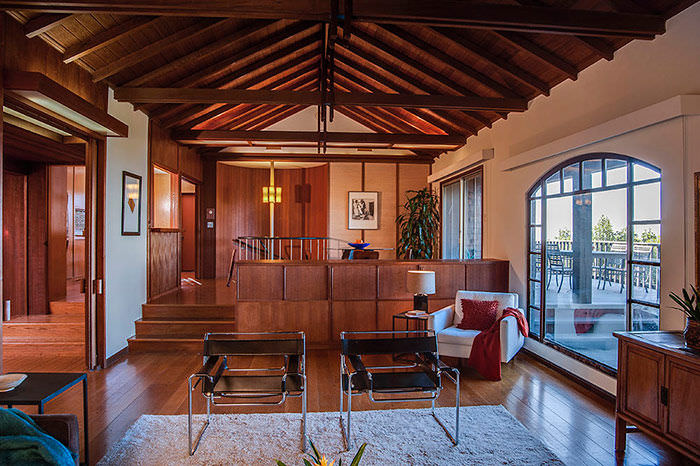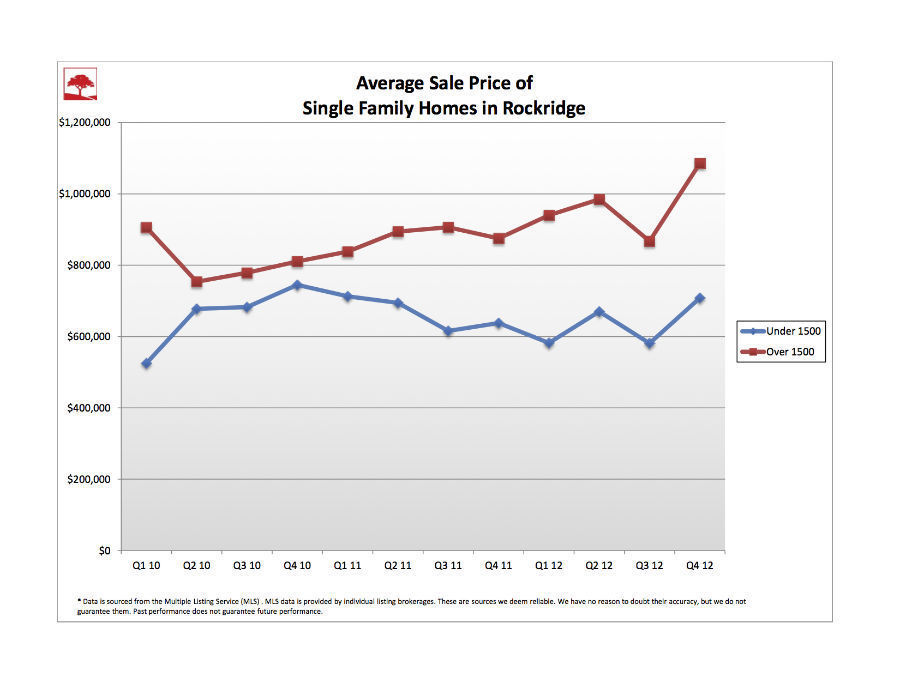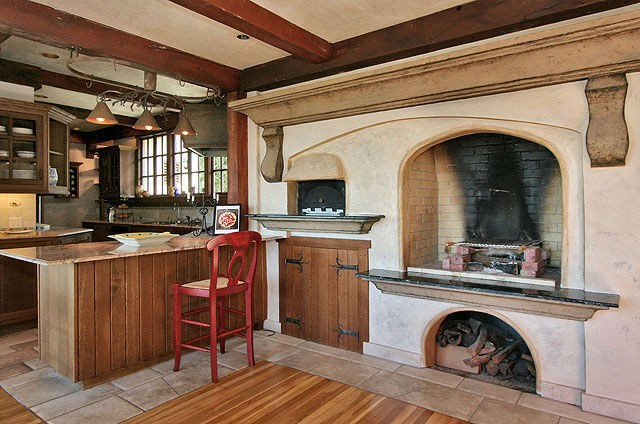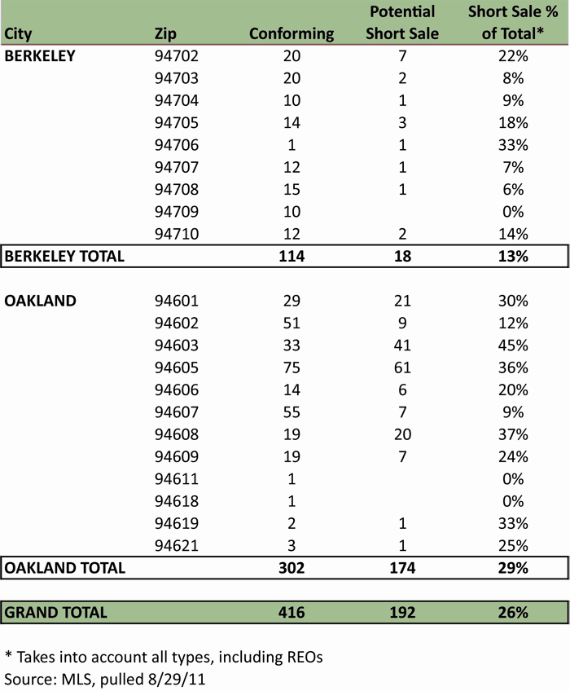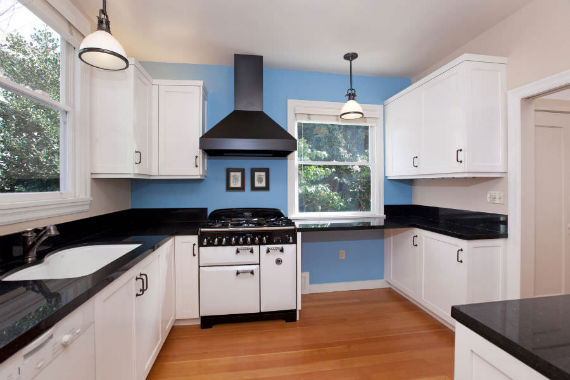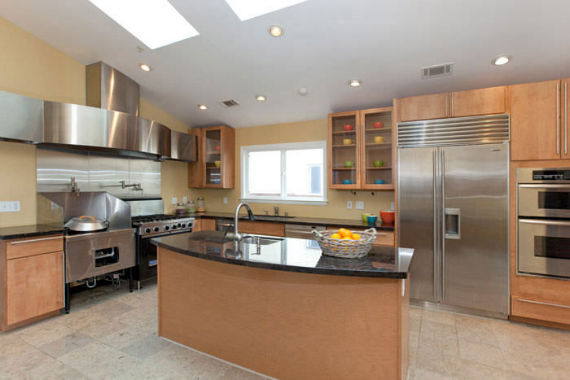Recently I was hired to sell a home. Two years ago it was on the market but it did not sell. At the time the listing agent recommended $45k+ in marketing preparation which the sellers did. From what I understand, an offer came in but it was $200k-$300k less than what the listing agent said the house was worth, so the offer was rejected. The owners decided to rent the property out and, fast forward 2 years, they now want to sell again. As I viewed the lovely home and shared my honest opinion, the owners stated that they got a good deal on the property. I looked up the listing from their purchase and noticed it was on the market for more than two months in a strong seller's market. So my question was, what is a "good deal"?
Is getting a home at listing price when all other homes are selling well over the asking price a good deal? Maybe. You have to compare apples to apples. Perhaps the homes selling for more in the same neighborhood are in better condition, have generous rooms, have great indoor/outdoor space, and the property that is a "good deal" does not.
Let's say a home fits your budget and is cute, however, the surrounding area has challenges. It's important to think about future resale. If you decide to sell in the future and are in an outskirt neighborhood, and perhaps a softer market, your adorable home may get passed over due to someone opting for a better location. Another example is buying on a high-traffic street. It is highly likely that buyers will opt for a side-street or quiet street if given the choice.
Many of my buyer clients say to me "are you trying to talk me out of buying this home". I do not try to talk anyone in or out of buying a home. I want to point out the assets and challenges of any potential property of interest so you can be a savvy buyer. The wrong time to hear about a property's flaws is after you have purchased a property and are later trying to sell it.
Here are a few buyer tips:
- Do not buy with fear as a driver. Meaning, don't be in the mindset of "if I do not get a house now I will never be able to own a home in my lifetime".
- Location. Do not get caught up on staging and the superficial appeal; many items can be fixed, including foundation. However, you cannot move a home's location nor alter flaws you can't change, i.e., no off-street parking, extraordinarily small rooms, an apartment building adjacent to a home or being on an earthquake fault line.
- Are you settling? Ask yourself the tough questions. Really hone in on why you want a particular house.
- Sacrifice. Live with granny's kitchen and awful carpeting if that means you get a home in a desirable area, do not get caught up on the "new updated kitchen".
- If a house has been on the market for a long period of time ask yourself "why?"




